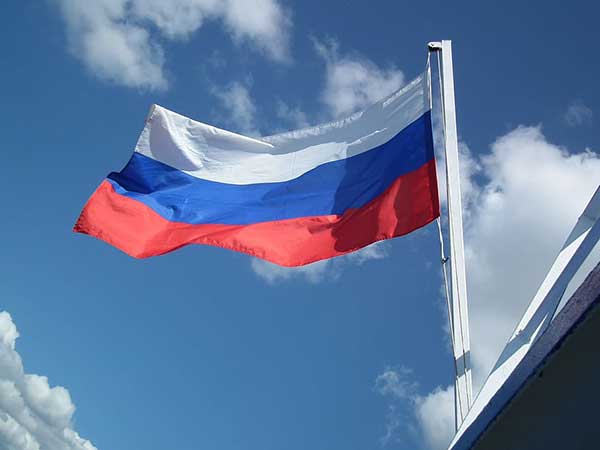Brussels [Belgium], December 5: NATO has agreed on a series of defensive measures to counteract hostile acts by Russia and China to destabilize and divide the alliance, Secretary General Mark Rutte said on Wednesday.
The alliance agreed to share more intelligence, enhance cyber defences, step up protection of critical infrastructure and pursue "tougher action against Russia's shadow fleet of oil-exporting ships," Rutte said. NATO foreign ministers were at alliance headquarters in Brussels for a two-day meeting with Wednesday's talks focused on Russian and Chinese hybrid attacks.
Hybrid attacks are a generic security term that covers actions that state or non-state actors use to harm other countries without waging open warfare.
As a rule, they are difficult or impossible to attribute to a specific perpetrator.
The NATO secretary general said Russia and China are using sabotage, cybercrime and other hybrid attacks like "energy blackmail" against the alliance.
NATO has "seen a steep increase" in hybrid attacks, Rutte said and stressed that the alliance agreed that the perpetrators must be held accountable. Before the start of the talks, Czech Foreign Minister Jan Lipavský said there were 500 suspicious incidents in Europe in 2024 and that nearly 100 of them can be attributed to Russia.
NATO needs to send a strong signal to Moscow that such activities will not be tolerated, Lipavský said. "It is very dangerous," he stressed. A senior NATO official, speaking on the sidelines of the foreign ministers meeting, said the alliance fears further serious acts of sabotage and cyberattacks on its territory.
The official said that Russia in particular appears to be becoming more willing to hurt or endanger lives through sabotage in NATO member countries.
China, Iran and North Korea are also active in cyberattacks, according to the official. Beijing, like Moscow, is conducting an ongoing campaign to spread malware, the official added. The aim is to carry out espionage, but also to have the ability to cause disruption in the event of rising tensions. Russia is focusing on critical infrastructure and in particular on industrial control systems, the official said.
Source: Qatar Tribune

